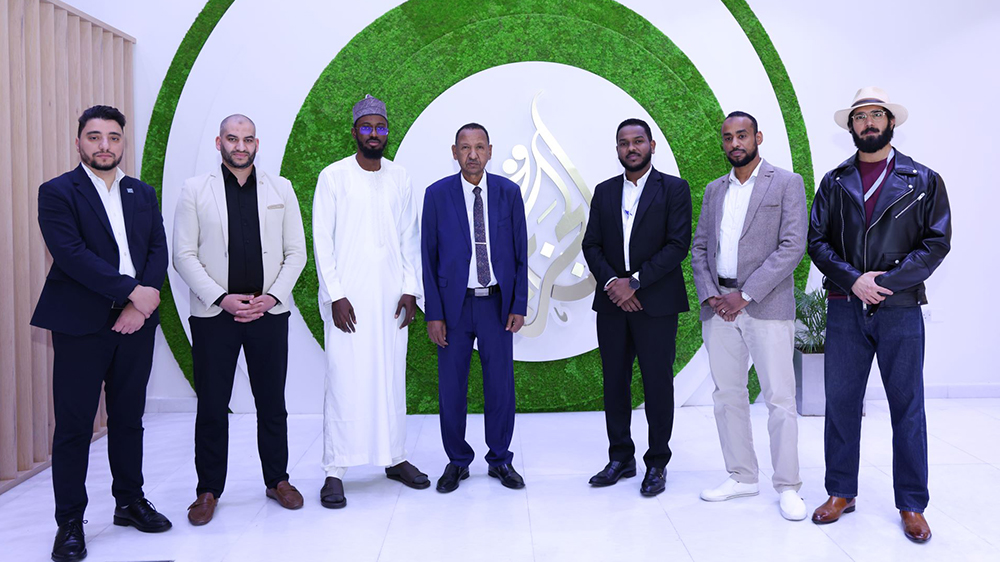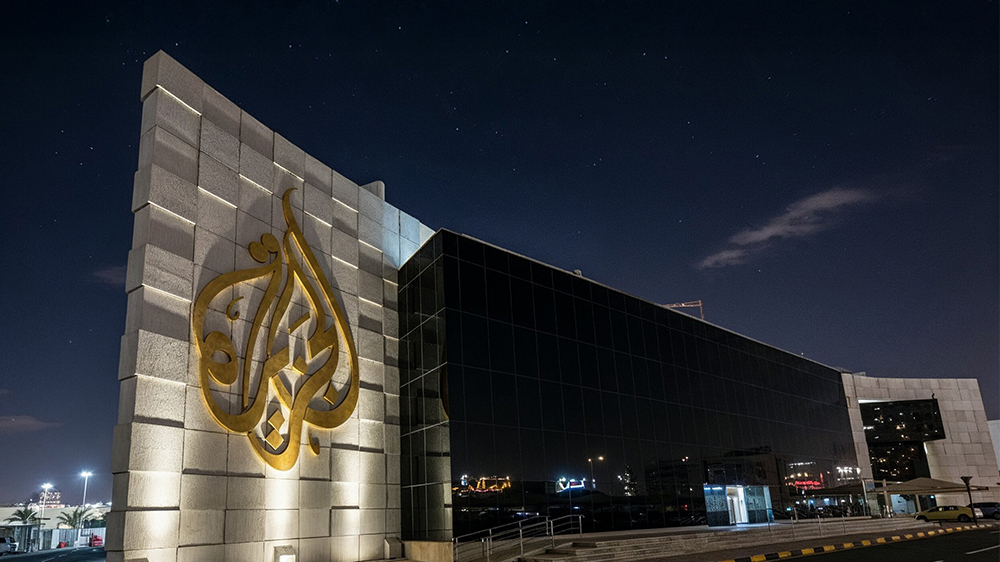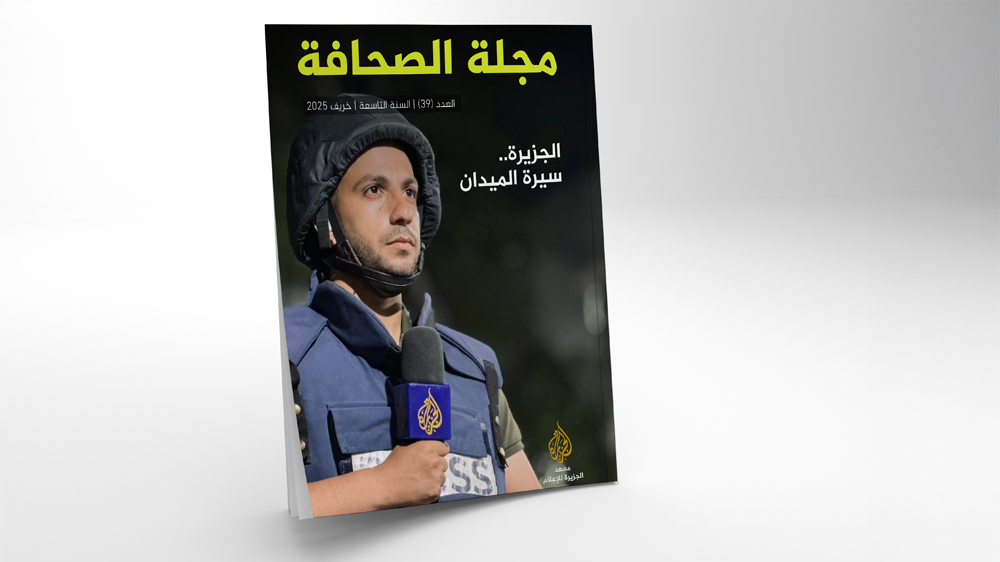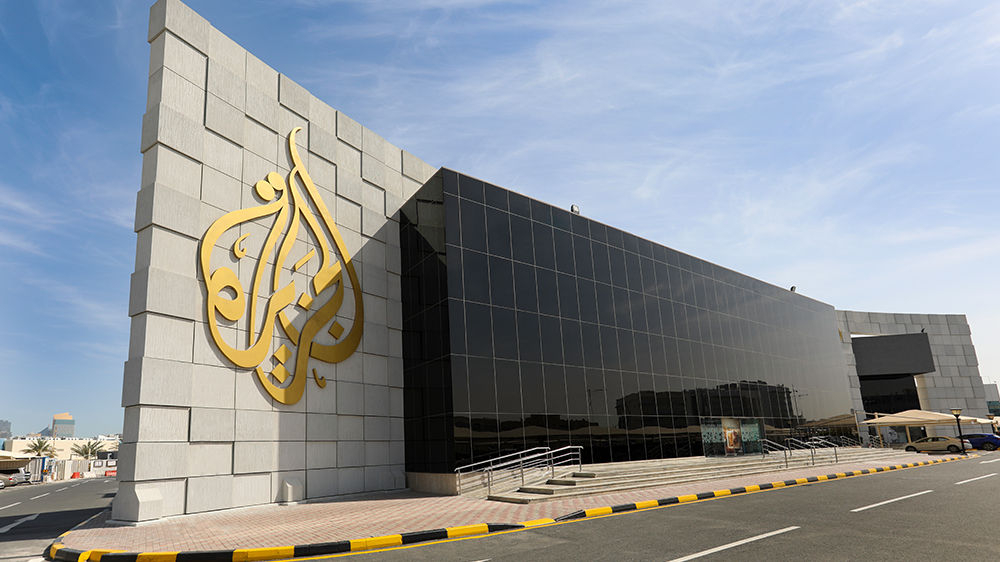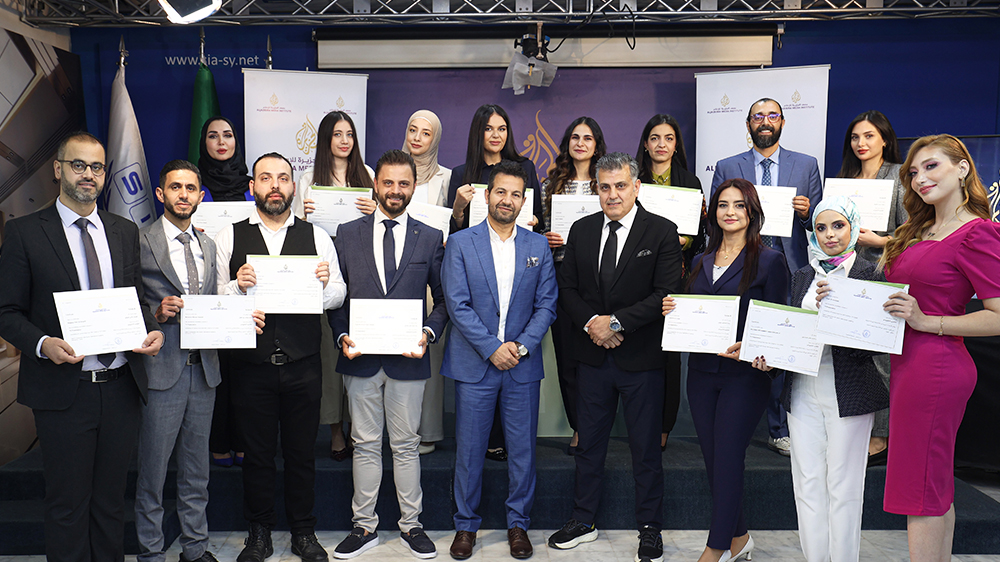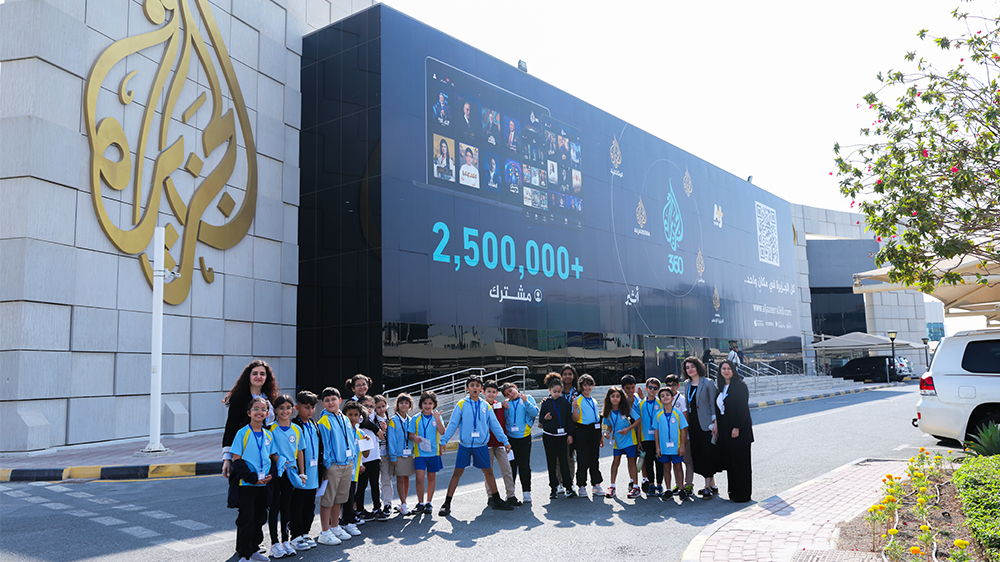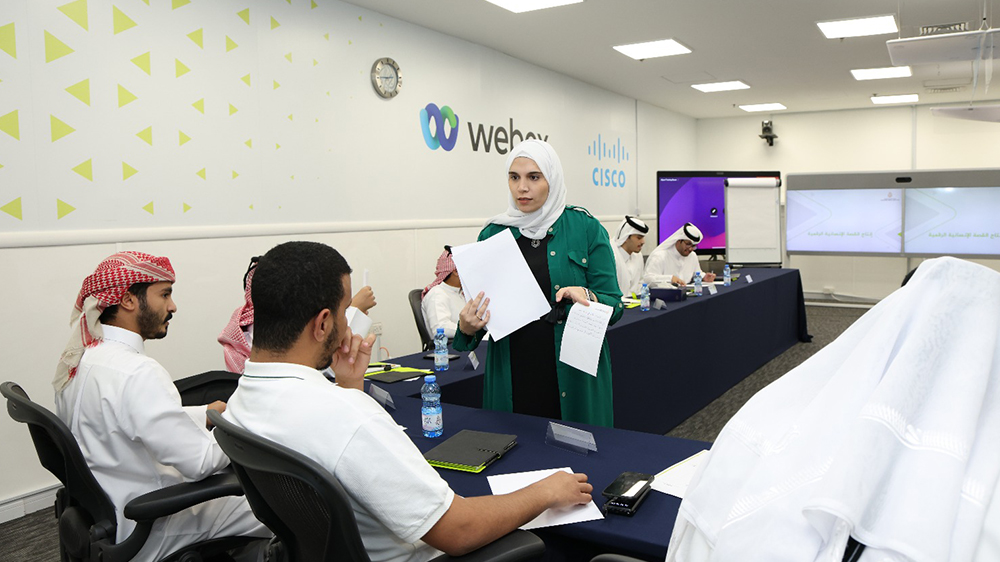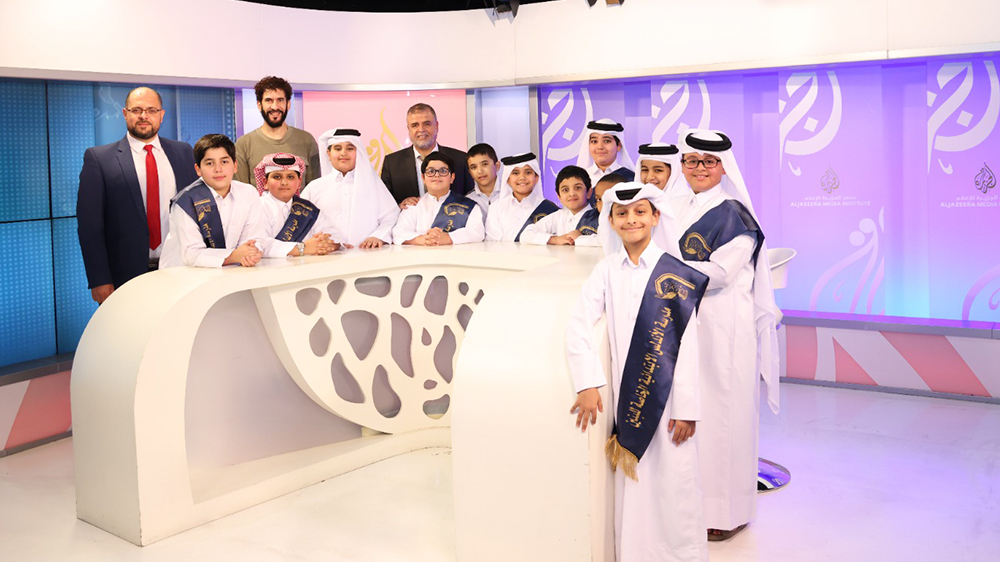News & Events
The Forum of Journalism Colleges in Arab World reviews journalism curricula and teaching techniques
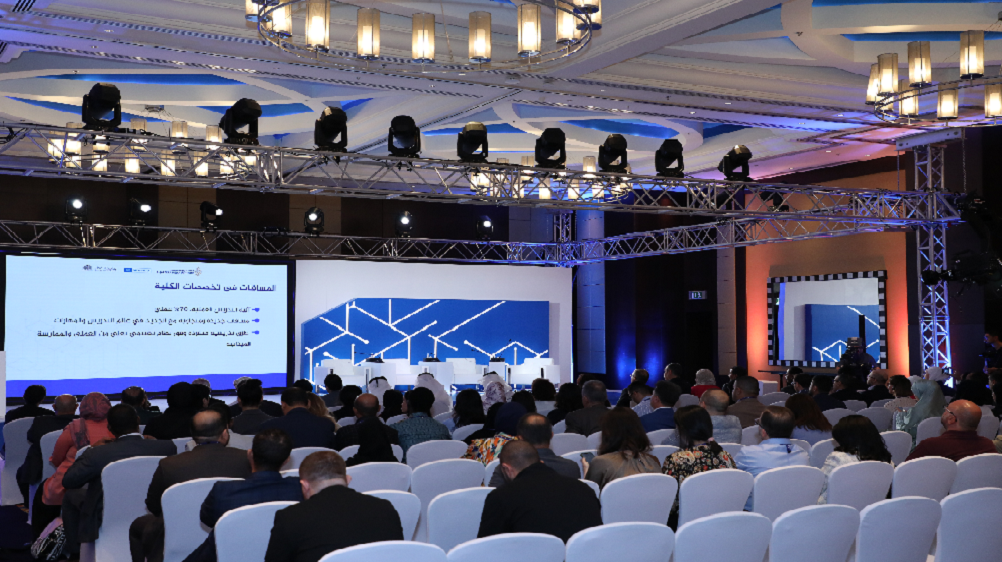
AJMI - Doha
The Forum of Journalism Colleges in Arab World, organized by Al Jazeera Media Institute in partnership with Qatar University and the United Nations Educational, Scientific and Cultural Organization (UNESCO) continued its work on its second day reviewing a number of Arab experiments and trials in journalism curricula and teaching techniques.
The participants stressed the need to update curricula of journalism in Arab faculties and support such curricula with practical aspects, in addition to creating an educational environment equipped with real facilities dedicated to practical education and content delivery, thus contributing to graduation of journalist students who possess the necessary knowledge, awareness and practical techniques.
They also stressed the importance of increasing the space allocated for social sciences in curricula of journalism faculties due to the importance of background knowledge in social sciences and human studies that enhance sensitive concepts for journalistic topics and enrich vocabulary and language skills.
The second day program consists of two workshops, the first workshop focused on developing journalism curricula, and included several topics such as journalism educational curriculum, future journalism, discussing Arab and foreign sources of knowledge, and importance of critical thinking in journalism teaching, while the second workshop was dedicated for developing methods and techniques for teaching journalism and covers several topics from integration of modern technologies in teaching journalism, methods of teaching journalism between theory and field to the importance of introducing practical training as part of teaching journalism.
The outcomes of the workshop on developing journalism curricula recommended reconsidering the philosophy of journalism education and importance of diversity of knowledge, in addition to developing technical skills and capabilities in line with the requirements of the time, to start restructuring and developing media curricula in a way that defines the characteristics of journalism students and work on developing them, especially in this digital age, and focusing on creating journalist students who possess knowledge and awareness of journalism and importance of content, as well as being equipped by required techniques and tools, in addition to establishing bridges of partnership and cooperation between academic institutions and their media counterparts to raise the level of students' skills and train them in various fields of journalism, adopting modern trends in journalism that cover research skills, access to data and information, critical thinking and analysis tools. As well as referring some journalistic disciplines to branches of applied colleges, building up academic accreditation bodies specialized in journalism, adopting the concept of digital entrepreneurship to create digital platforms for Arab media and its relevant issues, and continuous updating of curricula.
As for the workshop on developing methods and techniques for teaching journalism, its outputs recommended the mandatory vocational training as an opportunity for students to integrate into the work environment, opening the way for journalistic expertise to teach in academic institutions, empowering media professors with new technology skills, empowering journalists with teaching skills, providing theoretical courses with training programs, providing a space for students' productions and publishing their works, working to change the method of testing and orientation towards production, in addition to exchanging academic experiences between universities and institutes, and launching a digital platform that brings together academics and allow the exchange of experiences and lessons among themselves.
In a related context, Mr. Montaser Marei, Director of Media Initiatives at Al Jazeera Media Institute, gave a presentation on Aljazeera Media Institute initiative for journalism curricula, in which he explained that journalists and academics are partners, and must triumph together for freedom of opinion and the press.
He pointed to the Institute's endeavor to convince journalism colleges in the Arab world to introduce and integrate mobile journalism into journalism curriculum, stressing the Institute's readiness to go to journalists and train them wherever they are and to provide free courses in this field of journalism.
